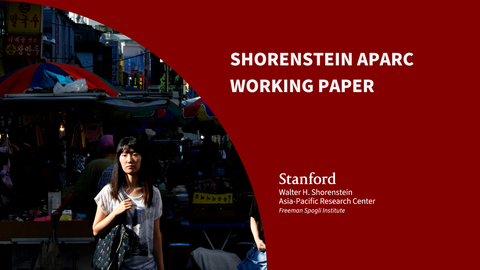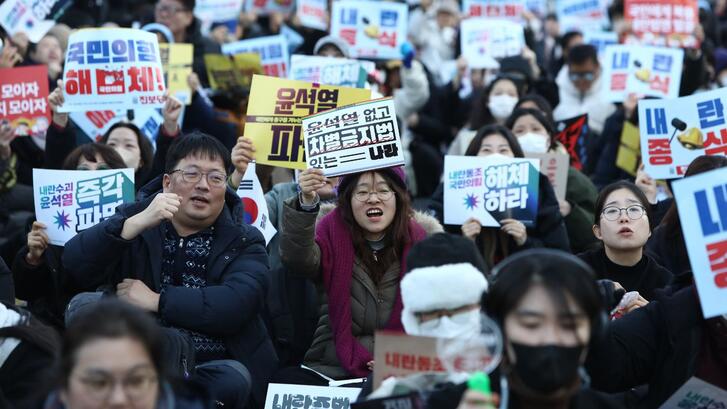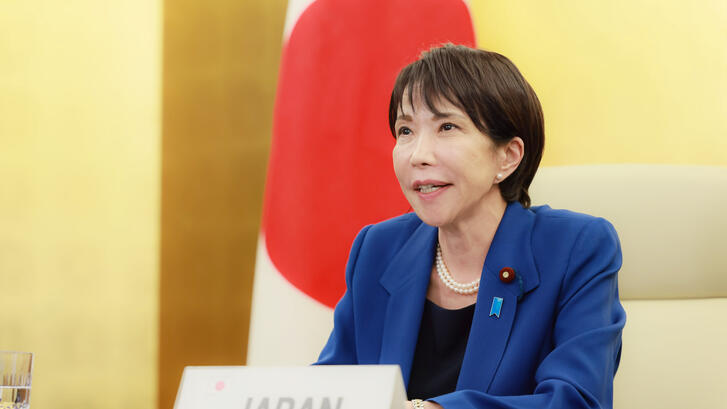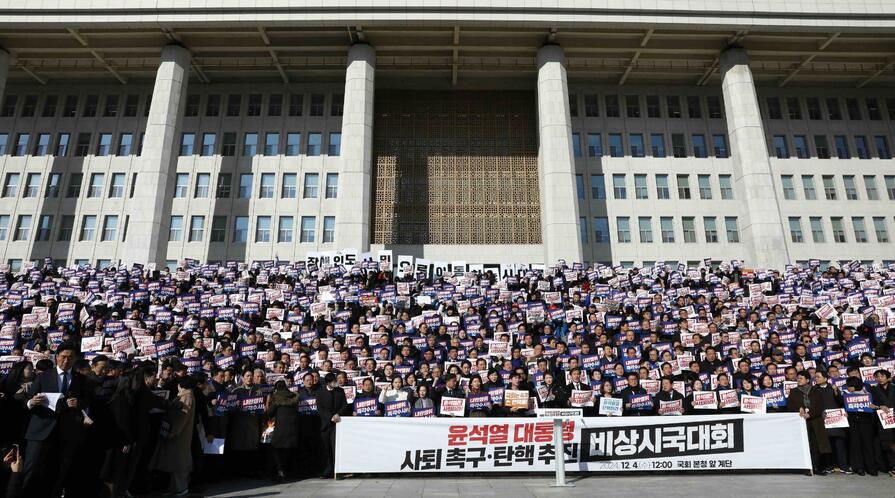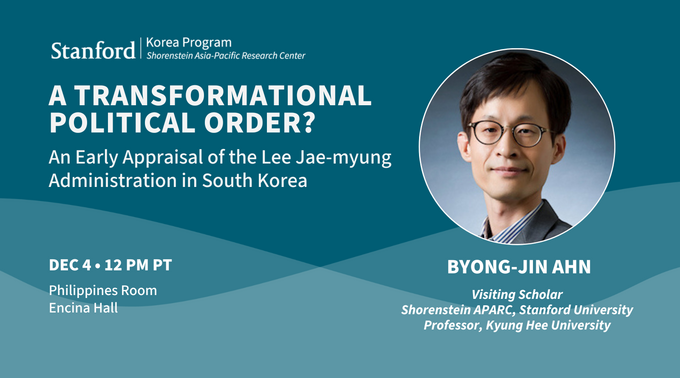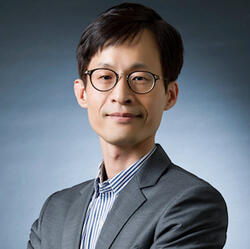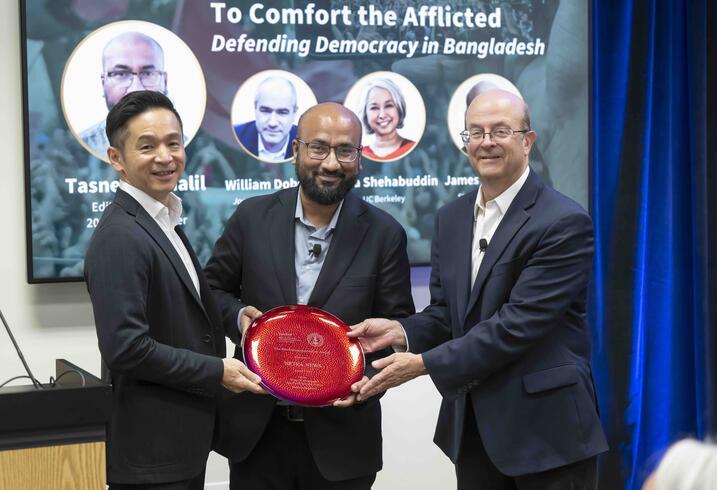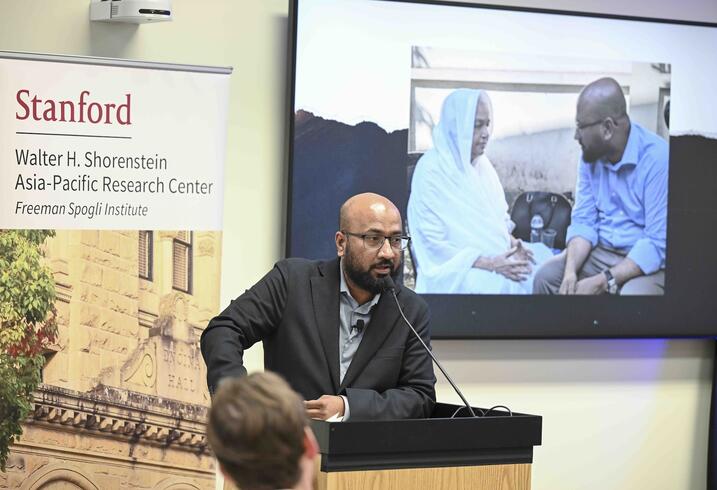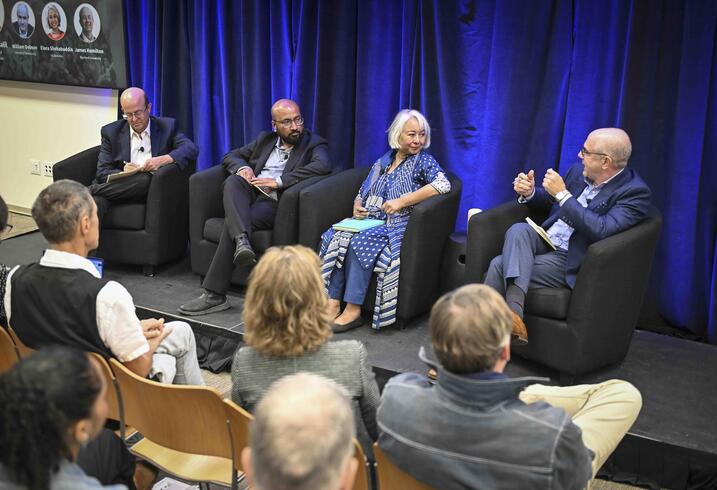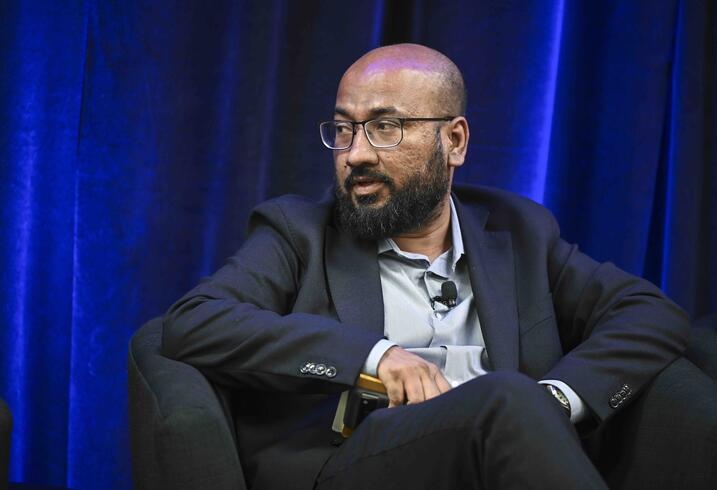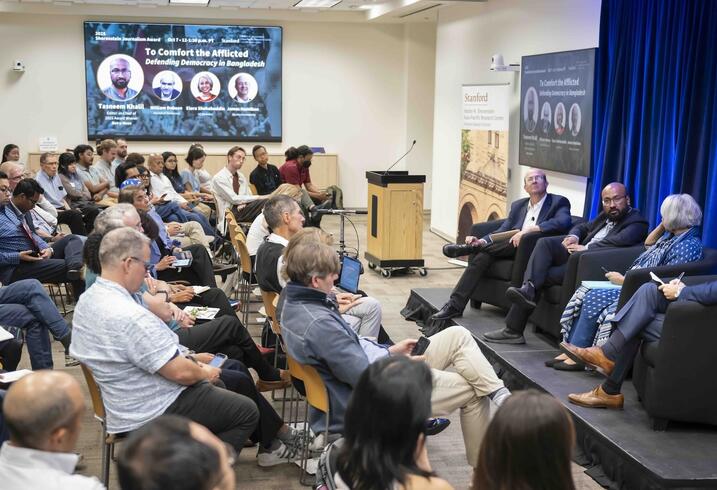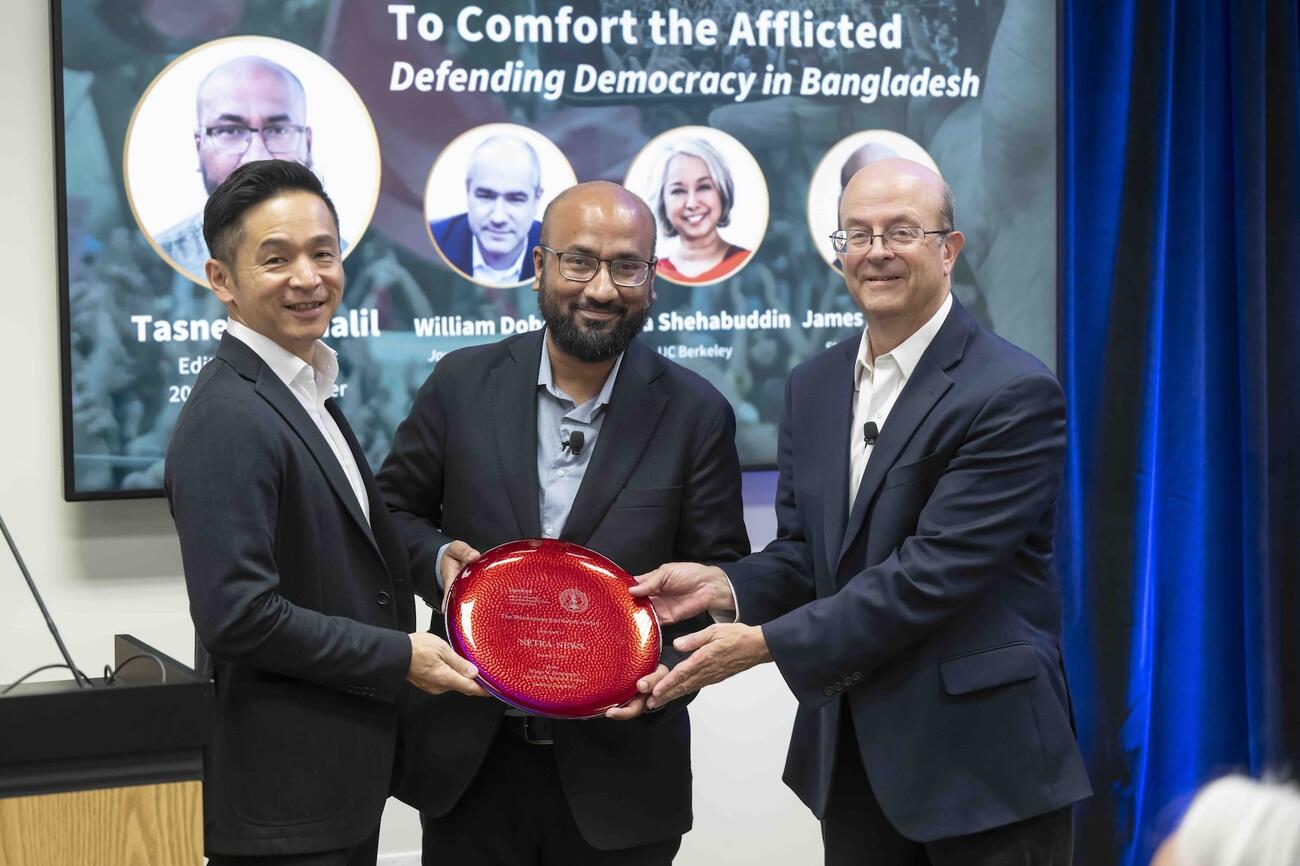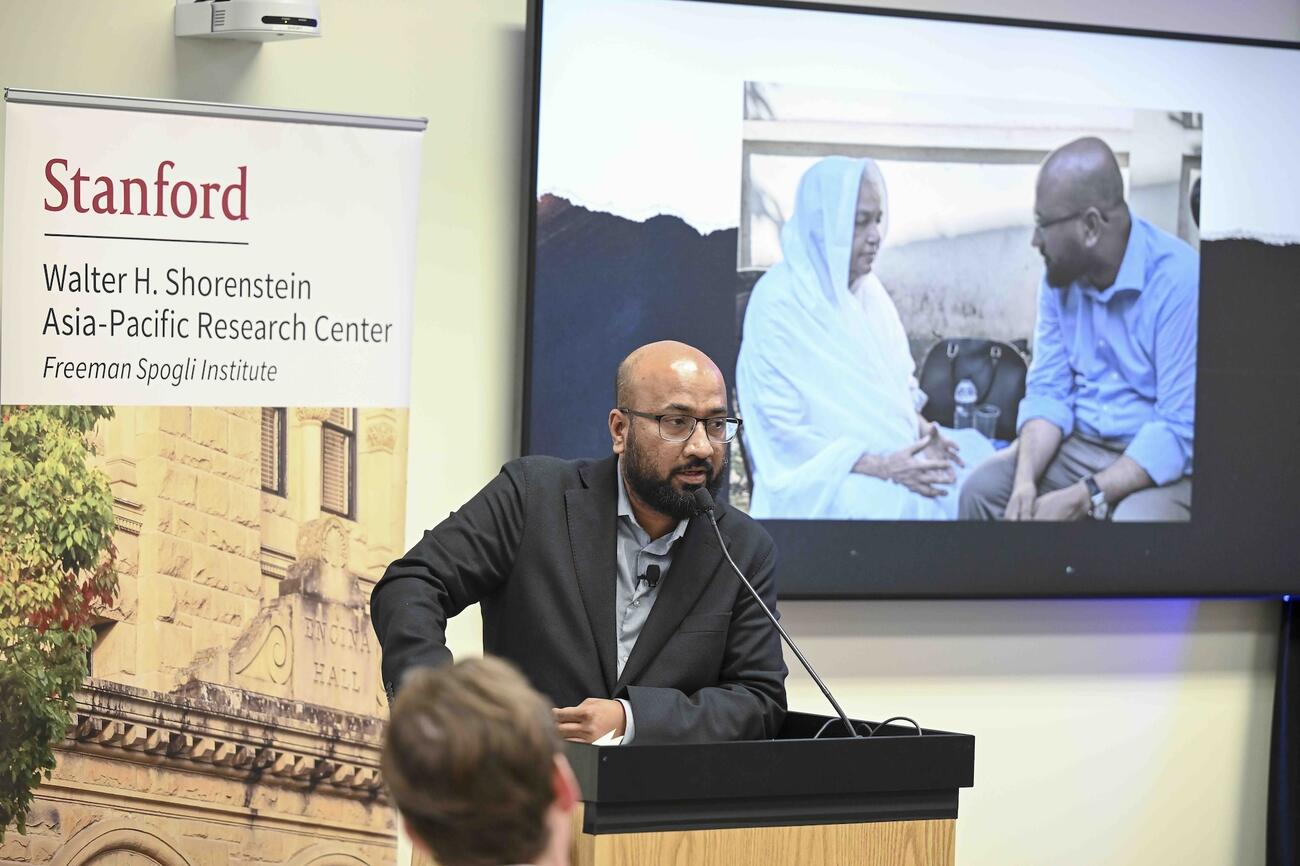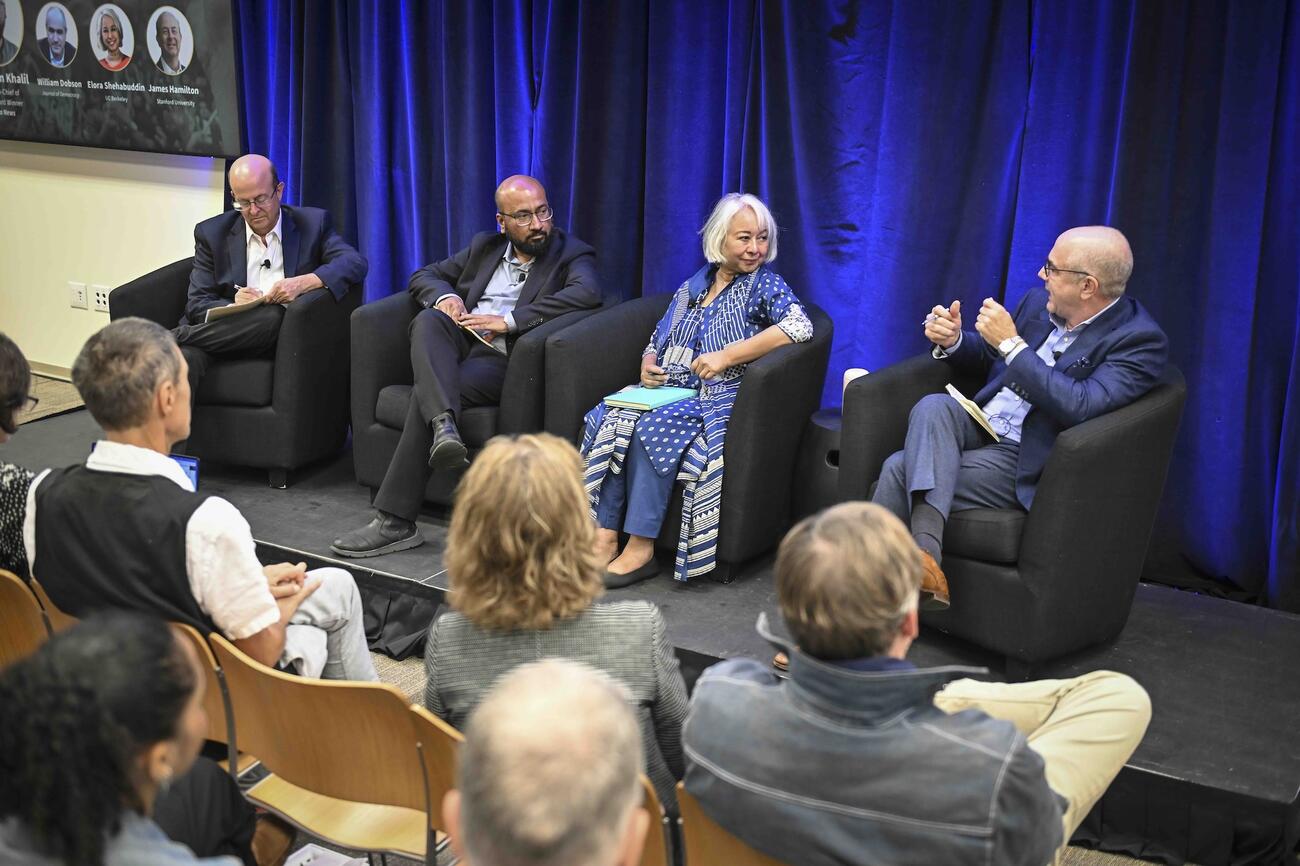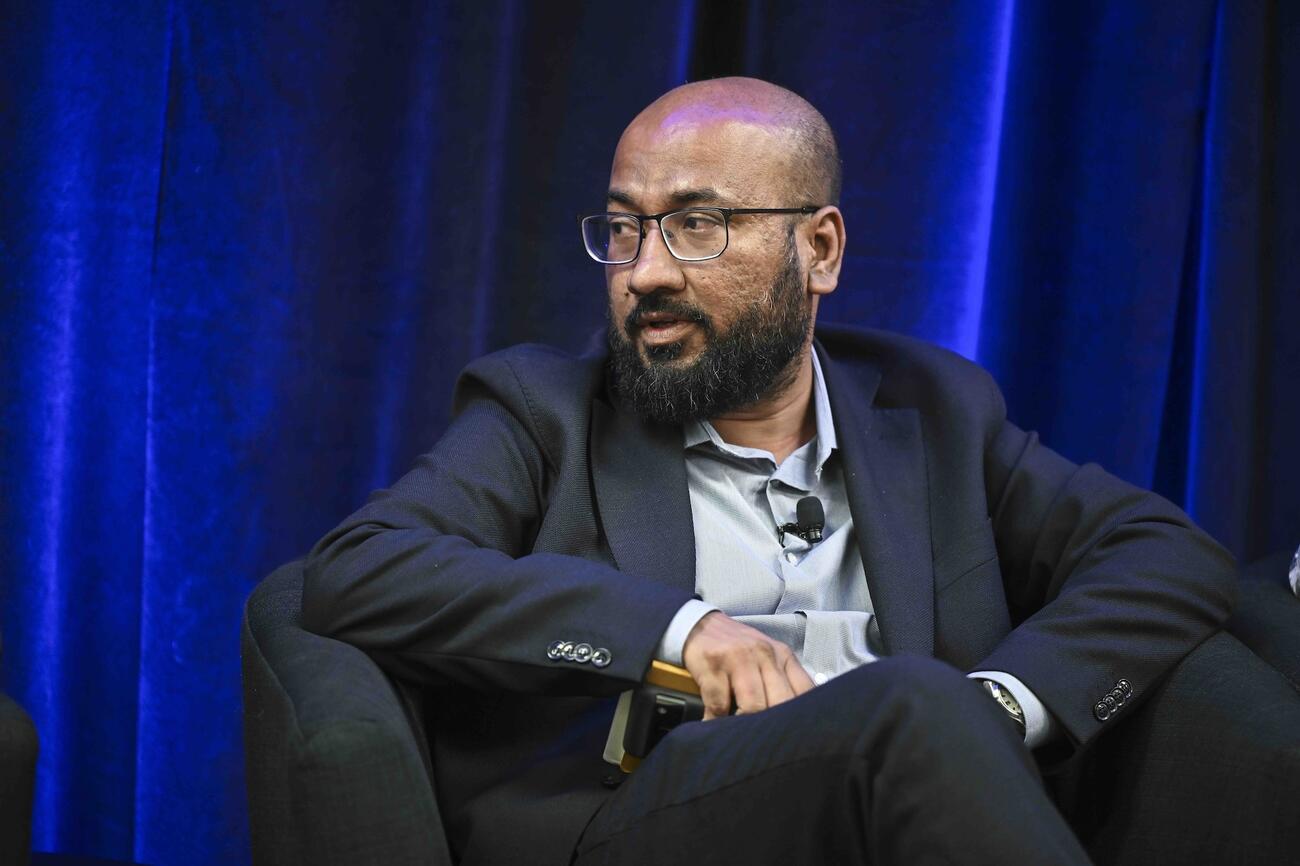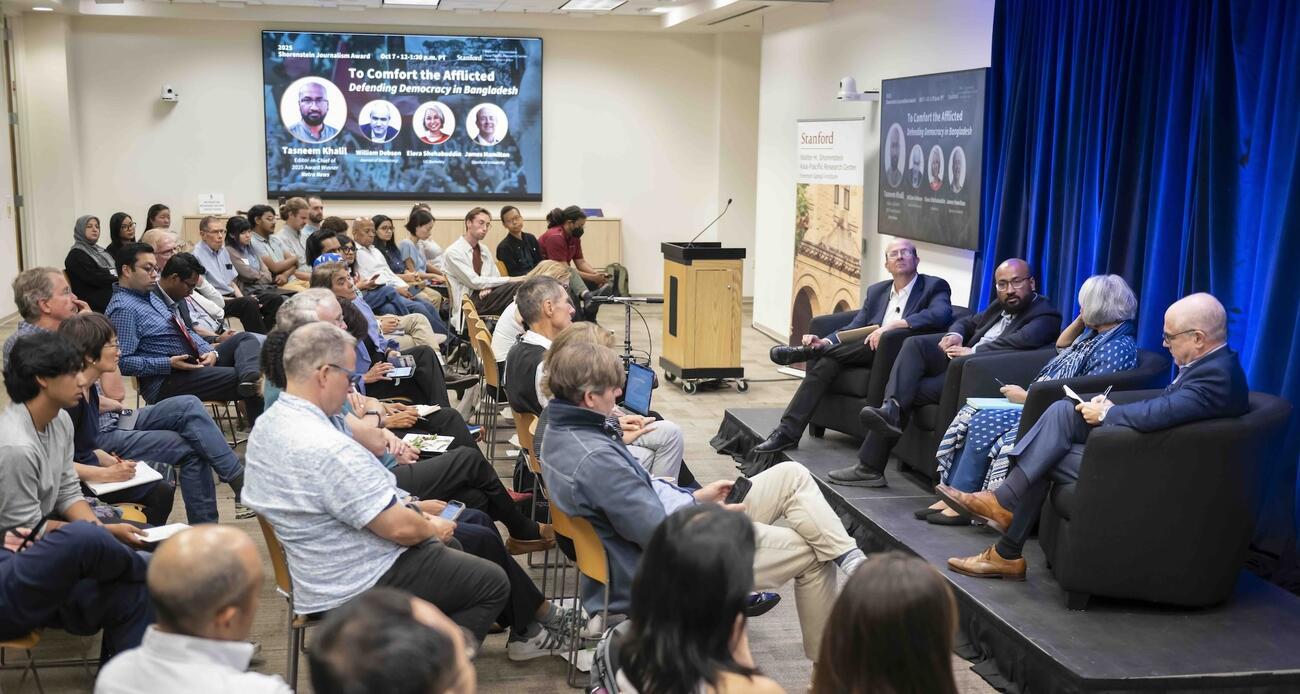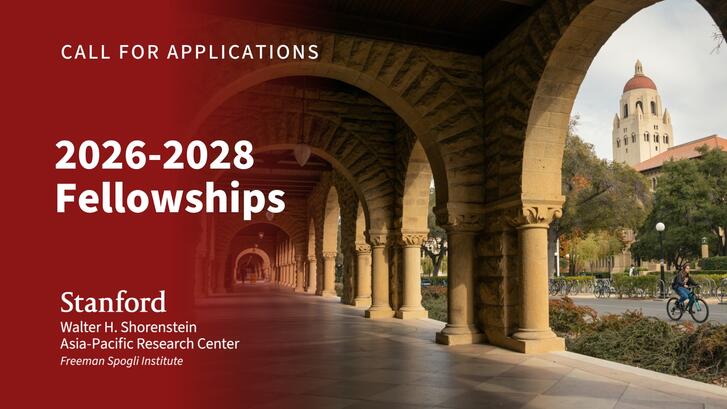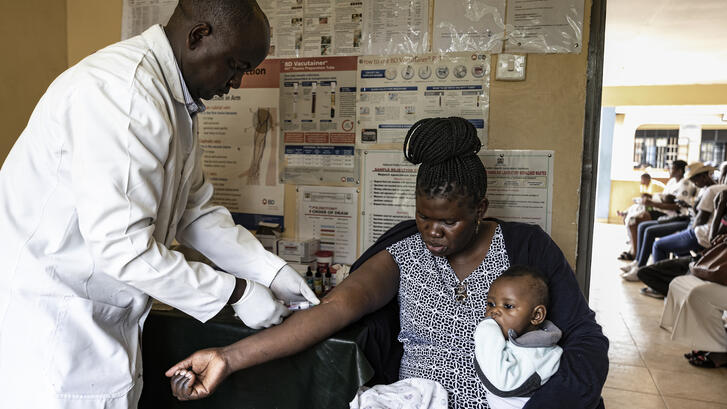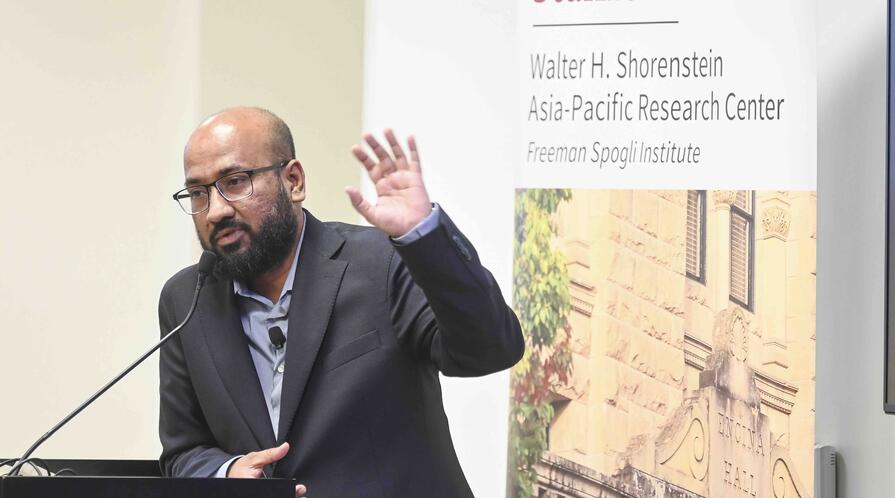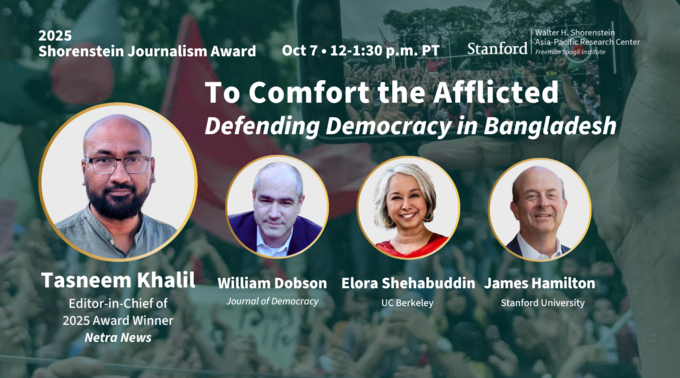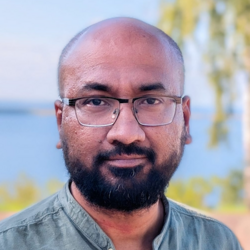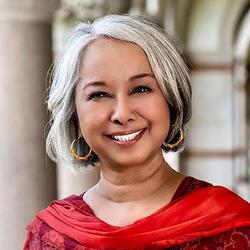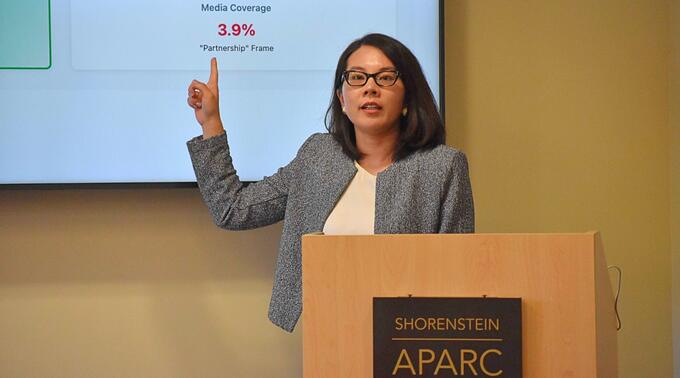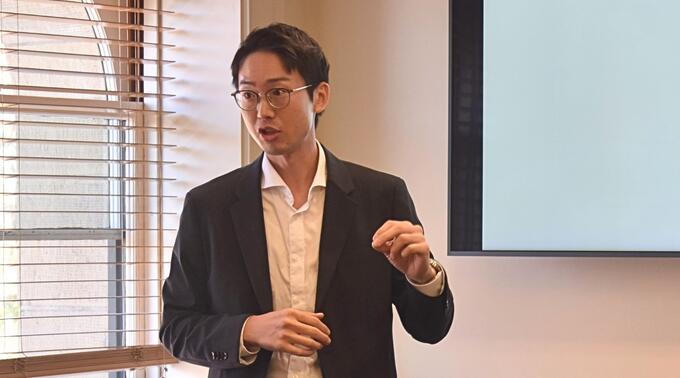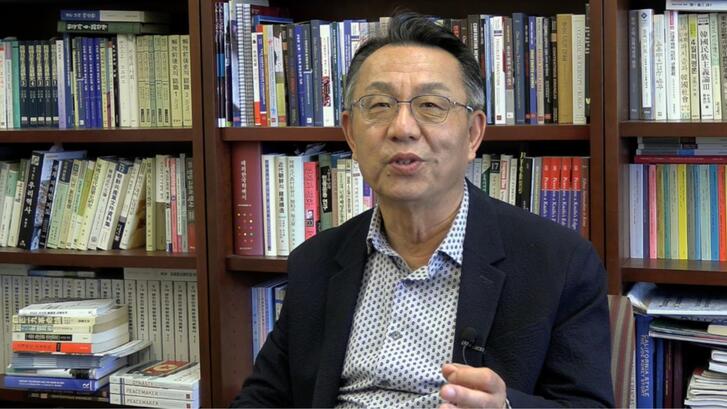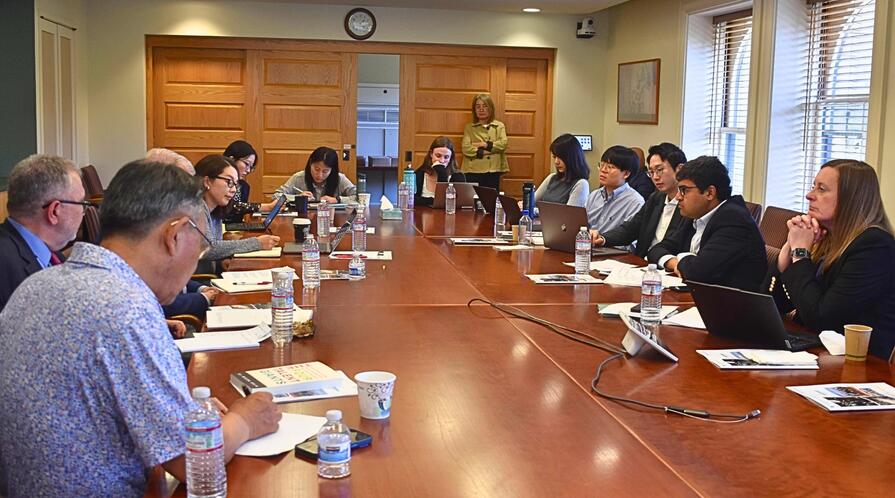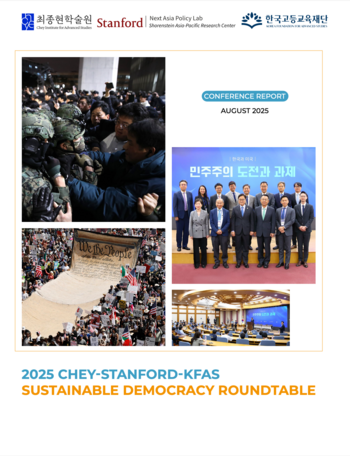Day 1: Invitation-only closed roundtable
09:00-09:15 Registration
09:15-09:30 Opening Remarks
Kim Yoosuk, President of Chey Institute of Advanced Studies
Gi-Wook Shin, Director of Shorenstein Asia-Pacific Research Center, Stanford University
09:30-11:30 Session 1: Fragility and Resilience of Korean Democracy
Moderator: Choi Byung-il
Presenters: Kim Sunhyuk, Song Jiyeoun, Kim Gidong, Yee Jaeyeol
Recent political developments in South Korea—the imposition of martial law, prolonged impeachment proceedings, and a subsequent early presidential election—have placed the strength and stability of its political system under intense scrutiny. South Korea stands as one of the few nations that have successfully established democracy through a relatively short yet volatile history following its independence. Although it has once again proven its resilience, the recent and recurring turbulence also exposed underlying vulnerabilities. Political polarization, judicialization of politics, institutional friction, and widespread public distrust continue to challenge democratic governance. This session will explore both the strengths and shortcomings of Korean democracy, analyzing whether recent crises have genuinely strengthened the democratic norms and institutions or have exposed deeper systemic flaws.
What key factors have contributed to the resilience of South Korean democracy amidst recent political crises?
What role has civil society played in reinforcing democratic norms during times of political instability?
In what ways do institutional shortcomings and political polarization contribute to public distrust and democratic vulnerabilities?
How can South Korea leverage its recent experiences to strengthen democratic processes and institutional accountability moving forward? Identify reforms measures that can be most effective in these endeavors.
12:00-13:00 Lunch
13:00-15:00 Session 2: Democracy in the U.S. and the World
Moderator: Paul Chang
Presenters: Larry Diamond, Kiyoteru Tsutsui, Didi Kuo
This panel will focus on the challenges facing liberal democracy in the United States and other parts of the world. Scholars will analyze the rise of populism and authoritarian tendencies, particularly in the U.S. under Donald Trump, whose actions have posed significant challenges to democratic norms and institutions. Similar developments in other countries will also be examined to draw broader lessons about the global state of democracy, including Korea.
How do the recent experiences of democratic backsliding in the United States compare with those in other advanced democracies? What structural or cultural factors make some democracies more vulnerable than others?
How has Trump reshaped the global perception of American democracy, and what implications does this have for the U.S. as a model or promoter of democratic governance abroad?
Can international institutions and norms meaningfully counter domestic democratic erosion, or is democracy ultimately a nationally determined project?
What lessons can be drawn from non-Western democracies in sustaining democratic legitimacy and civic trust amid rising authoritarian pressures?
15:00-15:30 Break
15:30-17:30 Session 3: Actionable Solutions for Sustaining Democracy
Moderator: Gi-Wook Shin
Presenters: Frank Fukuyama, Lee Sook Jong, Ahn Byongjin
The final panel of Day 1 will focus on identifying actionable solutions to strengthen democratic institutions and resilience. Discussions will center on policy recommendations, civic engagement strategies, and international collaborations to address the current and future threats to democracy worldwide. The panel will also explore if Korea can play any role in international efforts to strengthen liberal democracy.
What are the most effective policy reforms that democratic governments can pursue today to build institutional resilience against authoritarian threats?
How can civil society organizations be better supported, domestically and transnationally, to serve as long-term stewards of democracy?
What role should education and civic (and media) literacy play in revitalizing democratic culture, particularly among younger generations?
What strategies have proven most effective in rebuilding public trust in democratic institutions, especially in contexts of recent democratic crises or corruption scandals?
Day 2: Open to public
09:30-09:45 Opening Remarks
Kim Yoosuk, President of Chey Institute for Advanced Studies
Congratulatory Remarks by Speaker of the National Assembly, Woo Wonsik
09:45-11:00 Session 1: Political Reforms in Korea
Moderator: Kang Won-Taek
Speakers: Kim Sunhyuk, Heo Seongwook, Kim Young-bae, Choi Hyung Du, Lee Sun-Woo
The global ‘crisis’ of democracy underscores the imperfections within current political systems. Nevertheless, democratic values and the pursuit of systemic fairness have continued to inspire people toward democratic governance. This session will address how political establishment and institutions might evolve to better meet contemporary political demands, whether through constitutional amendments or reforms to the entrenched two-party system or civic education. Participants will address various reform proposals, including constitutional amendment to change power structure, limiting presidential powers, reforms to strengthen judicial independence, and changing electoral system.
What specific constitutional reforms could address current weaknesses in the political systems?
How should presidential powers be adjusted to enhance checks and balances?
In what ways might legislative reform increase democratic responsiveness and effectiveness?
How can public engagement and deliberation processes be improved to ensure successful political reforms?
11:00-11:15 Intermission & Stage Setting
11:15-12:30 Session 2: Global Political Polarization
Moderator: Gi-Wook Shin
Speakers: Frank Fukuyama, Didi Kuo, Kiyoteru Tsutsui, Lee Sook Jong
In recent years, democratic societies worldwide have witnessed a sharp increase in political polarization. These divisions pose significant threats not only to political stability but also to overall societal cohesion, as partisanship intensifies and compromise between divided becomes increasingly elusive. Political polarization undermines trust in democratic institutions, weakens effective governance, and hampers the collective ability to address critical societal challenges. Participants will analyze factors contributing to democratic decline, focusing on Korea and the U.S.’ case.
What factors contribute to political polarization, and how does this polarization challenge democratic governance?
What are similarities and differences between political polarization in Korea and the United States?
What role do social media and digital algorithms play in exacerbating polarization?
What effective strategies can be drawn from international experiences to address polarization?
How can we bridge political divides and foster dialogue? What kinds of institutional reforms can resolve deepening polarization?
Participants (by alphabetical order)
Korea
AHN Byongjin, Professor, Global Academy for Future Civilizations, Kyung Hee University
CHOI Byung-il, President, Korea Foundation for Advanced Studies
CHOI Hyung Du, Member, National Assembly of the Republic of Korea (People’s Power Party)
HEO Seongwook, Professor, School of Law, Seoul National University
KANG Won-Taek, Professor, Department of Political Science & Int’l Relations, Seoul National University
KIM Gidong, Assistant Professor, Department of Political Science, Hankuk University of Foreign Studies
KIM Sunhyuk, Professor, Department of Public Administration, Korea University
KIM Young-bae, Member, National Assembly of the Republic of Korea (Democratic Party)
LEE Sook Jong, Distinguished Professor, Sungkyunkwan University; Representative, IPDF
LEE Sun Woo, Associate Professor, Department of Political Science & Diplomacy, Jeonbuk National University
SONG Jiyeoun, Professor, Graduate School of Int’l Studies, Seoul National University
YEE Jaeyeol, Professor, Department of Sociology, Seoul National University
U.S.
Paul CHANG, Senior Fellow, Freeman Spogli Institute for Int’l Studies, Stanford University
Larry DIAMOND, Senior Fellow, Freeman Spogli Institute for Int’l Studies; Senior Fellow, Hoover Institution; Professor (by courtesy) of Sociology and Political Science, Stanford University
Francis FUKUYAMA, Senior Fellow, FSI; Director, Ford Dorsey MIP Program, Stanford University
Didi KUO, Center Fellow, Freeman Spogli Institute for Int’l Studies, Stanford University
Gi-Wook SHIN, Professor, Department of Sociology; Director, APARC, Stanford University
Kiyoteru TSUTSUI, Professor, Department of Sociology, Stanford University
